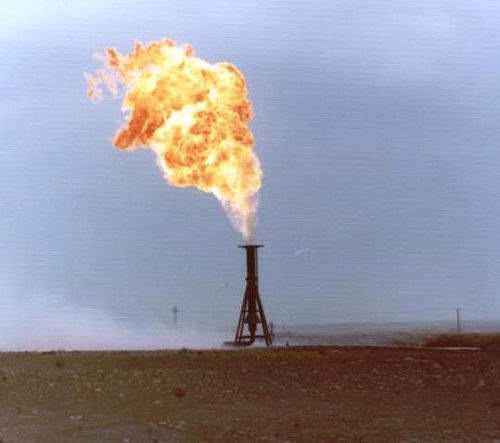

Energy
World on track to see temperatures increase by 3.6C
Carbon emissions are expected to continue increasing until 2035, potentially resulting in a dangerous temperature rise, according to the International Energy Agency’s (IEA) latest World Energy Outlook (WEO) report.
Energy-related carbon emissions are projected to rise by 20% over the next 22 years. This leaves the world on track for a long-term average temperature increase of 3.6C, well above the internationally agreed 2C climate target.
As the source of two-thirds of global greenhouse-gas emissions, the energy sector will be “pivotal in determining whether or not climate change goals are achieved”, the IEA report says.
Executive director Maria van der Hoven said, “Major changes are emerging in the energy world in response to shifts in economic growth, efforts of decarbonisation and technological breakthroughs.
“For decision makers trying to reconcile economic, energy security and environmental objectives, it is essential to be aware of the dynamics at the heart of today’s energy market.”
The report said that availability and affordability of energy plays a crucial role in economic wellbeing and industrial competitiveness. Natural gas in the US currently trades at one-third of import prices to Europe and one-fifth of those in Japan.
The 2013 edition of the WEO predicts that large variations in energy prices will persist though to 2035. These variations will impact on company strategies and investment decisions, particularly in energy-intensive industries.
Paul Wootton, head of energy at global law firm Eversheds said that the study makes it clear that differentials in electricity prices between countries will have a continuing and dramatic impact on relative competitiveness.
He said, “As the dramatic structural changes to the global market identified in the report develop, long-term energy contracts will become increasingly complex as purchasers and suppliers seek to manage the balance of forward pricing risk between contracting parties.”
As a result of this, the report noted the importance of reducing the impact of high energy prices but noted this does not mean diminishing efforts to address climate change. The IEA highlighted the importance of energy efficiency in order to mitigate the effect high energy prices can have.
The report also found that the demand for energy will switch decisively to the emerging economies, particularly China, India and the Middle East, which will drive global energy use one-third higher. In contrast, OECD countries will see their energy demand barely rise.
WWF said that it strongly supported that IEA view that changing the energy sector is the most important action to take when it comes to climate change.
However, Stephan Singer, director of global energy policy at the organisation, said, “We can’t have our cake and eat it and the IEA is being too positive about new energy sources like shale gas.
“As the IEA themselves recognise, we need to leave more than two thirds of all existing fossil fuels underground to have a decent chance to avoid overstepping the threshold to dangerous levels on climate change. We need vision and leadership from world leaders on this issue – starting now in Warsaw.”
Further reading:
Nina Skorupska: we need energy ‘prosumers’ to effect real change
Global climate change investment not up to scratch
Environment secretary Owen Paterson says UK will benefit from global warming
Renewables could be ‘cheaper than gas’ by 2025, says US study
We don’t need fossil fuels, says new interactive energy website


 Environment12 months ago
Environment12 months agoAre Polymer Banknotes: an Eco-Friendly Trend or a Groundswell?

 Features11 months ago
Features11 months agoEco-Friendly Cryptocurrencies: Sustainable Investment Choices

 Features12 months ago
Features12 months agoEco-Friendly Crypto Traders Must Find the Right Exchange

 Energy11 months ago
Energy11 months agoThe Growing Role of Solar Panels in Ireland’s Energy Future




























